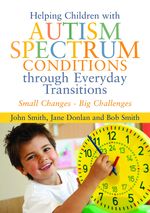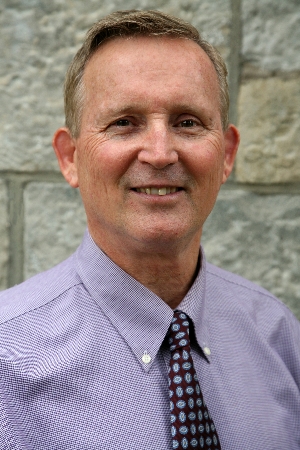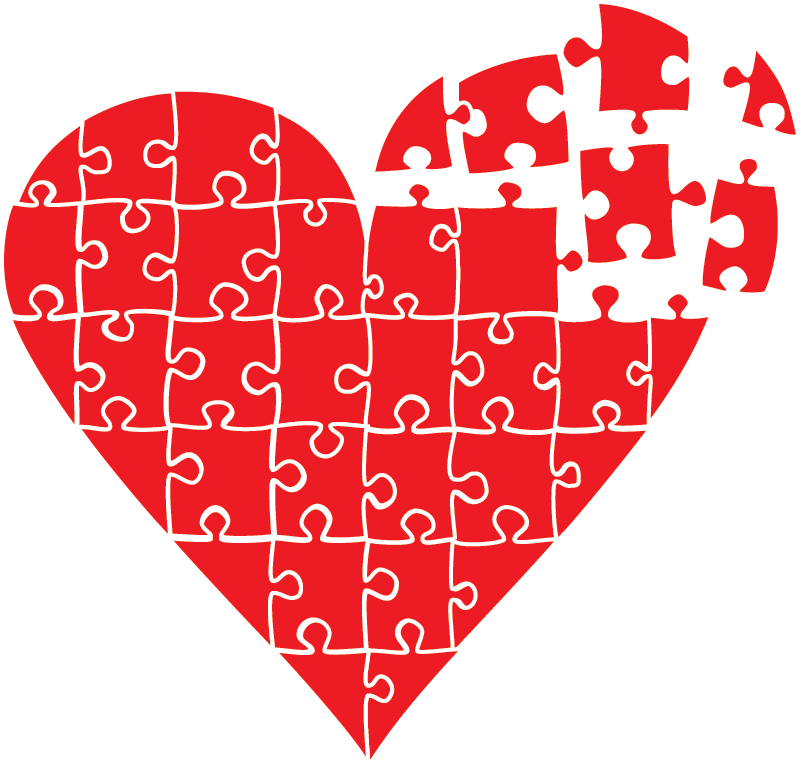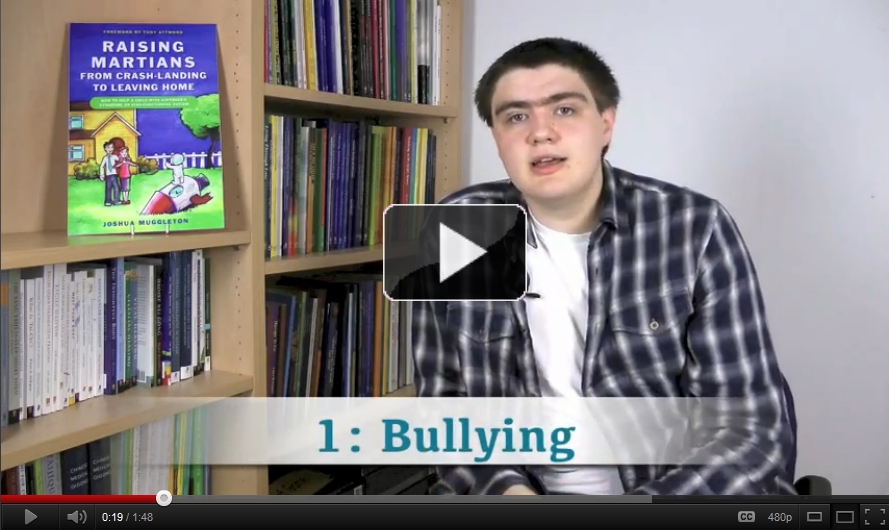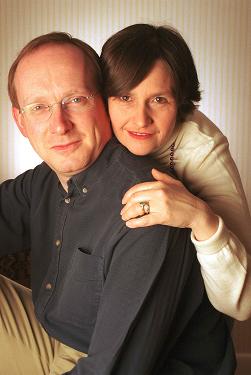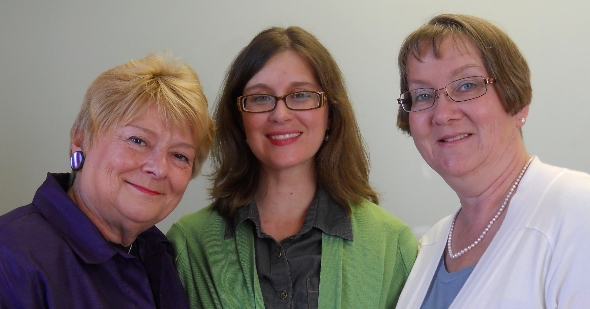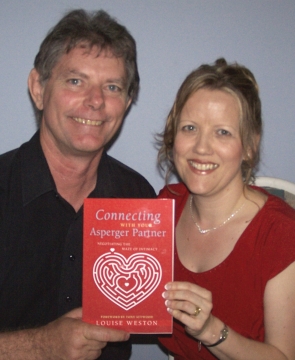Orthopedic Care in Children with Special Needs
“One orthopedist operated on a boy without my knowledge on a Friday afternoon. Fortunately, the mother and grandmother knew I had insisted that physical therapy should be started immediately. The child’s school physical therapist was a friend and made house calls over the weekend, so the boy would not stay in bed. He was able walk for several more years because of this. Thus, parents and grandparents must be very aggressive in order to be sure that appropriate orthopedic surgery is being done and physical therapy received, as needed.”

